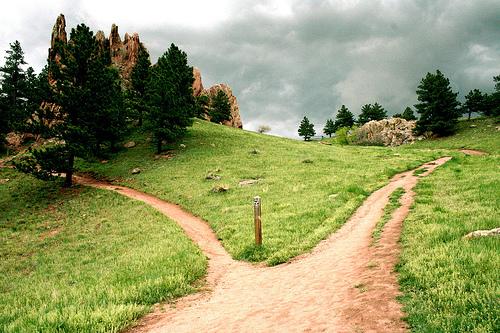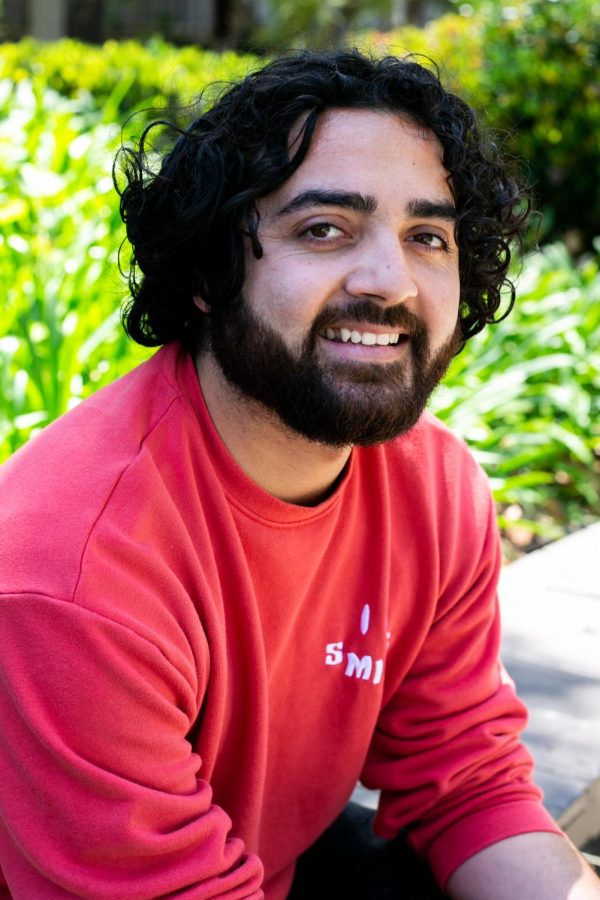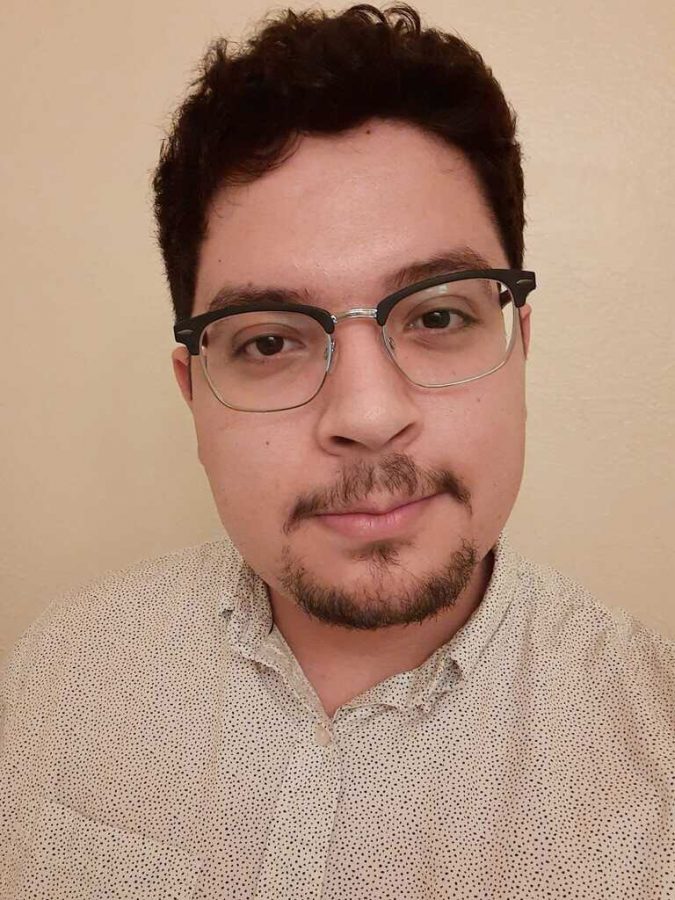
In a previous class discussion in Professor Corlett’s “Theory of Ethics” class, I had brought up a point regarding the examined life and what seems to be the philosopher’s dilemma. With Plato’s cave in mind, is it better to have started outside the cave (so knowing truth or truths) or the struggle of making your way out of it (the success and failures of the process of coming to truth)?
Imagine yourself in a situation a bit like Neo from The Matrix when he was asked to take the red or the blue pill, but a bit different.
One pill sends you instantly to knowing truth. In a sense, you instantly find yourself outside of the (symbolic) cave, having known truth all along. However, this reality may be far more shocking and brutal than life in the cave.
The other pill allows you to wake up just like any other day. Your life remains unchanged and perhaps it makes you forget that you even had the option of another pill. Thus, regret and hindsight need not apply.
For you to discover truth with the second pill, you would have the arduous struggle of inevitable success and failure. It would require you to habitually question and be honest with yourself about beliefs. You would have to realize that everyone, including yourself, has prejudices which influence the way the world is perceived. But you would have to go a step further and be aware of how these prejudices might wrongly affect your actions and beliefs. Such a life would surely lead to negative criticism by society and may even be punishable. In conclusion, coming to truth is a strenuous process that seemingly guarantees no success, unlike the former pill.
So the dilemma is then: Do you choose to know truth(s), however unpleasant it may be, or do we remain in the “cave” thus requiring much critical (though not necessarily guaranteed) effort to make some progress out of it?
Although some would take the first choice of instantly knowing all truths, I believe that the latter choice is the better. It is through failure, in the process of discovering truth, where both truth and meaning can be found. It forges a mental path or guide to our deliberations. It permits the mental exercise of learning, honesty, and critical thinking. It is the discovery of ourselves as well as the strange world we find ourselves thrown into.
However, there still is a very real possibility that the finish line in the race to truth is actually the starting line we left from — We thought we were in a cave, but we found ourselves walking into one. So now what?
It is the process of discovery which presents meaning. If we do start outside and somehow find ourselves in a cave, it would be impossible to not see some light. These rays of light from outside the cave would shine through the cracks in the ceiling, where our critical thinking had permanently pierced the walls of delusion. Only the dishonest seeker of truth would find themselves in the darkness of a cave. The only light coming from a fire behind him, projecting shadows of a world he would most certainly have to foolishly deny.
______________________________________________________
Words of wisdom until next time:
“The whole problem with the world is that fools and fanatics are always so certain of themselves, and wiser people so full of doubts.”
-Bertrand Russell






